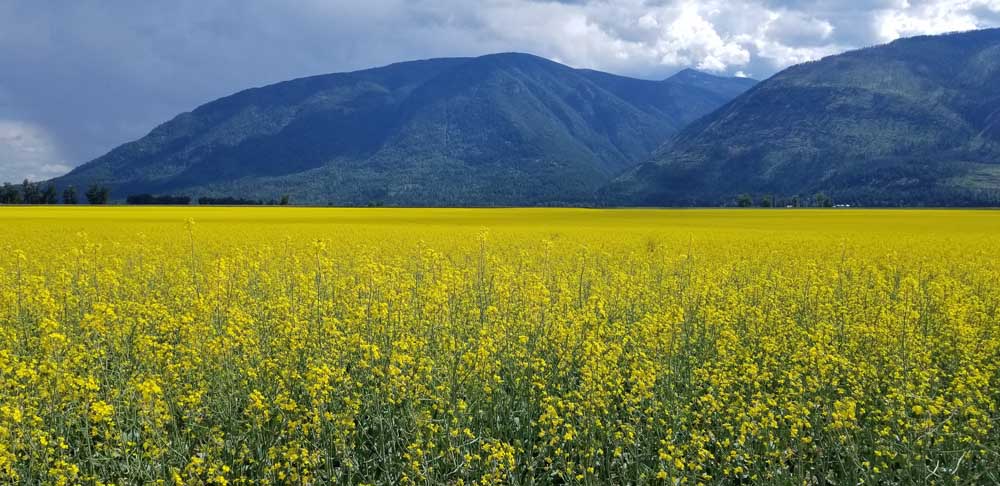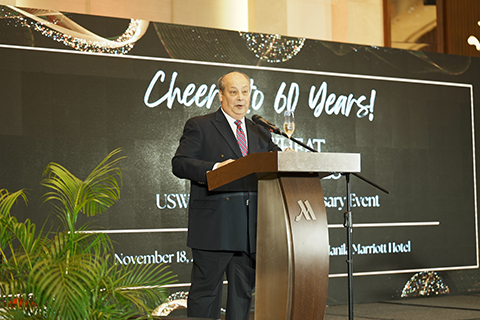Canola could reach 400,000 acres in 2023
Published 10:15 am Thursday, January 5, 2023

- A work group convened by Oregon Gov. Tina Kotek has floated the idea of allowing expansion of non-biotech canola in the Willamette Valley, where the crop is currently limited to 500 acres.
Northwest canola farmers could reach 400,000 acres this year, says the leader of the region’s canola association.
“I hope we hit 400,000 acres — I would think we could,” Karen Sowers, executive director of the Pacific Northwest Canola Association, told the Capital Press. “The demand is certainly there, so we’re going to rely on the weather and hope Mother Nature is as friendly as last year, or even more so.”
Last year, growers raised nearly 360,000 acres of canola, similar to the year before. The association had hoped for an increase, but drought and excessive rain prevented several thousand acres from being planted.
“There were trade-offs in each of the states,” Sowers said. “One made up for the other and that sort of thing.”
Without the drought and excess rain, “it would have set records, I think,” she said.
Sowers touts canola for the benefits it provides farmers in crop rotations for chemicals and weeds.
The Environmental Protection Agency last year approved canola as a renewable diesel feedstock. Some processing facilities were already being retro-fitted to produce renewable diesel, and some new ones came online, Sowers said.
“That is another major source of demand,” she said. “But even our in-state demand hasn’t been met yet by the acres grown in the Northwest.”
It would take 400,000 acres to feed the Viterra plant in Warden, Wash., Sowers said.
The plant crushes more than 350,000 metric tons per year.
Another processing facility in Great Falls, Mont., is about one-tenth of the size of the Warden plant she said.
Part of the Northwest canola production goes to Canada and North Dakota, Sowers said.
Total average yield for winter and spring canola combined is about a ton per acre, according to the USDA National Agricultural Statistics Service.
The association’s membership crossed the 100-grower milestone in 2022, Sowers said. It represents growers in Idaho, Oregon, Washington and Montana.
The organization’s annual membership meeting and workshop is Jan. 24-25 at the University Inn in Moscow, Idaho.
With “roller-coaster weather” over the past few years, Sowers said the workshop will serve as a return to basics about fertility, diseases and pest management and market variability for new and seasoned growers alike.
”Canola has a learning curve that never ends,” she said.
https://pnwcanola.org/






